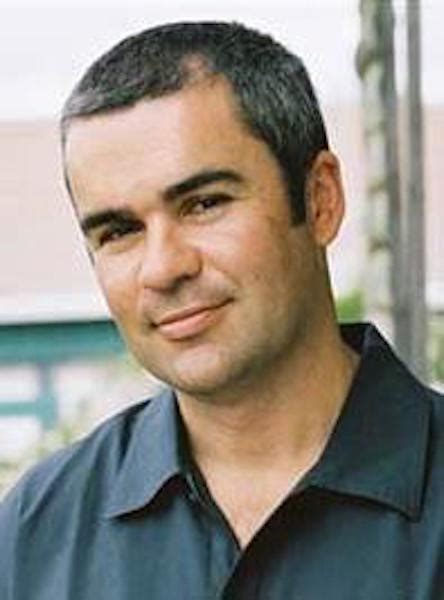A Quote by B. F. Skinner
Many instructional arrangements seem "contrived," but there is nothing wrong with that. It is the teacher's function to contrive conditions under which students learn. It has always been the task of formal education to set up behavior which would prove useful or enjoyable later in a student's life.
Related Quotes
Confusion conditions activity, which conditions consciousness, which conditions embodied personality, which conditions sensory experiences, which conditions impact, which conditions mood, which conditions craving, which conditions clinging, which conditions becoming, which conditions birth, which conditions aging and death.
Babies learn most of what they know from interactions with their parents, but not of the formal, instructional variety. Babies learn from spontaneous, everyday events--the mailman at the door with a package to open...all of which need adult interpretation. They are real events of interest and concern to babies and young children....By contrast, infant education is artificial and out of context.
I think, however, that there isn't any solution to this problem of education other than to realize that the best teaching can be done only when there is a direct individual relationship between a student and a good teacher - a situation in which the student discusses the ideas, thinks about the things, and talks about the things. It's impossible to learn very much by simply sitting in a lecture, or even by simply doing problems that are assigned. But in our modern times we have so many students to teach that we have to try to find some substitute for the ideal.
My formal education as an extension to my college degree in journalism was the time that I spent working with the student newspaper. I would argue that my greatest education occurred by working for the student newspaper. It wasn't necessarily the classroom work that made my formal education special. It was the idea that I had the opportunity to practice it before I went into the real world.
Dogma is actually the only thing that cannot be separated from education. It IS education. A teacher who is not dogmatic is simply a teacher who is not teaching. There are no uneducated people; only most people are educated wrong. The true task of culture today is not a task of expansion, but of selection-and-rejection. The educationist must find a creed and teach it.
...we discovered that education is not something which the teacher does, but that it is a natural process which develops spontaneously in the human being. It is not acquired by listening to words, but in virtue of experiences in which the child acts on his environment. The teacher's task is not to talk, but to prepare and arrange a series of motives for cultural activity in a special environment made for the child.
To improve our schools, we have to humanize them and make education personal to every student and teacher in the system. Education is always about relationships. Great teachers are not just instructors and test administrators: They are mentors, coaches, motivators, and lifelong sources of inspiration to their students.
We need to develop a robust set of tools - strategies and routines - that help us address student variance. It's easy to come to rely on two or three "trusty" instructional strategies like worksheets and lectures. Those are of little help in planning for a variety of student needs. As we develop a better toolbox, we're empowered to meet students where they are.





































